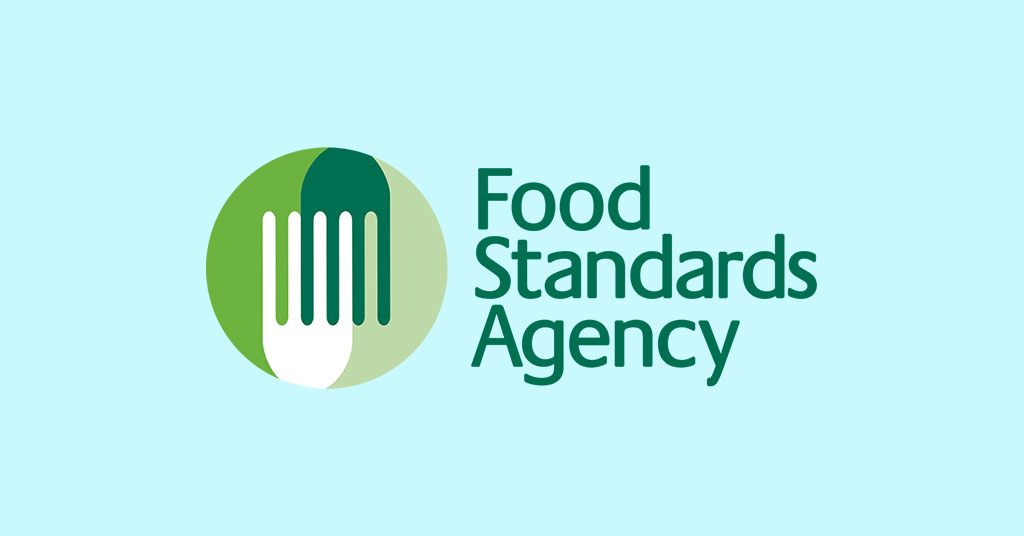Welcome To ChemAnalyst

The Food Standards Agency (FSA) has put forth a proposal aimed at restricting ethylene oxide levels in food additives, seeking input from the public on this initiative. This suggested limitation aligns with European standards, emphasizing the importance of maintaining food safety while providing clarity and consistency for both industry players and enforcement authorities.
Ethylene oxide, a chemical with potential harmful effects, is not sanctioned for use in food products. Its versatility sees it employed as a sterilizing agent and as a raw material in various manufacturing processes. Whenever its presence is detected, the FSA and Food Standards Scotland (FSS) conduct thorough investigations, evaluating the associated risks on a case-by-case basis.
In recent times, incidents involving ethylene oxide and its byproduct 2-chloro-ethanol have emerged across the UK and Europe. Notably, in September 2020, ethylene oxide was found in sesame seeds originating from India, purportedly used to mitigate Salmonella contamination. Subsequently, the substance was discovered in other raw materials such as herbs, spices, calcium carbonate, as well as gums like locust bean, guar, and xanthan.
The repercussions were significant, with the EU witnessing its largest food recall operation to date. Even in 2024, recalls linked to ethylene oxide continue to be documented via the EU’s Rapid Alert System for Food and Feed (RASFF).
To mitigate such occurrences, the FSA and FSS have advised businesses to conduct root cause analyses to pinpoint the contamination sources and endeavor to procure uncontaminated products. Nevertheless, acquiring certain food additives free of ethylene oxide has proven challenging, subsequently impacting the food supply chain.
UK investigations indicate that these incidents stem from alterations in the manufacturing processes of certain additives, resulting in inadvertent contamination rather than deliberate misuse. Any food additive exceeding the 0.1 mg/kg threshold would necessitate product withdrawal, with the FSA and FSS being notified promptly in case of ethylene oxide detection in infant formula.
Should ethylene oxide levels be standardized at 0.1 mg/kg, the existing limit of 0.2 mg/kg for eight other food additives will also undergo revision.
"This proposal aims to eliminate discrepancies with the EU while offering clarity and consistency to industry stakeholders, a demand that has been vocalized by key players. Moreover, a uniform approach would facilitate the sale of identical products in both the GB and EU markets," stated the FSA.
The consultation encompasses four novel food and three food additive applications submitted for authorization, along with plans to rescind approval for 22 food flavorings. Responses are solicited by March 25, following which ministers will decide whether to implement the proposed limit. Concurrently, Food Standards Scotland has initiated a similar consultation, slated to conclude on March 29.
We use cookies to deliver the best possible experience on our website. To learn more, visit our Privacy Policy. By continuing to use this site or by closing this box, you consent to our use of cookies. More info.
